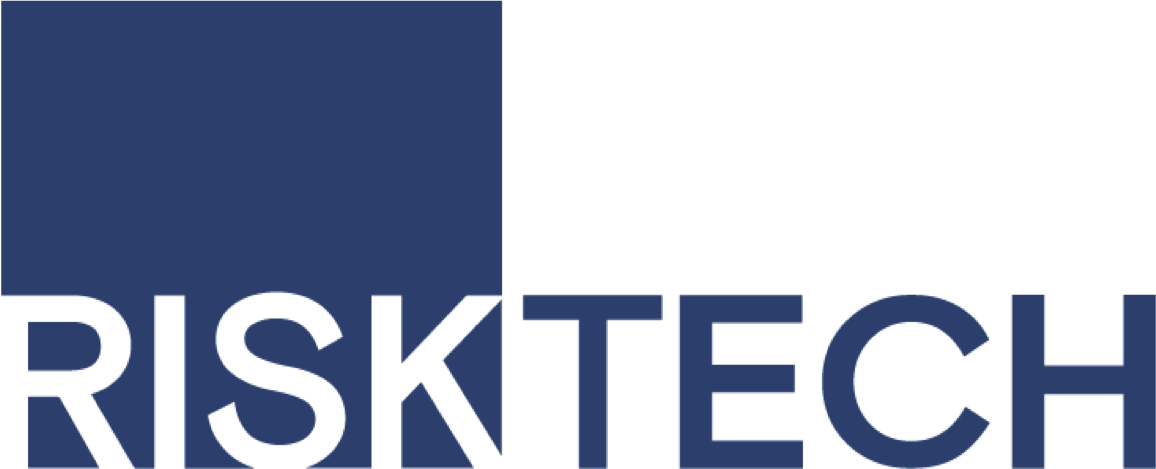The use of combustible cladding was identified as a factor in the rapid spread of fire through the Grenfell Tower and during a 2014 incident at the Lacrosse building in Melbourne. Following these incidents, Australian state & territory governments have made widespread amendments to regulations governing the use of Aluminium Composite Panel (ACP) in the building and construction industry to ensure safety & compliance.
In NSW, the Commissioner has imposed a building product use ban for aluminum composite panels with a core comprised of greater than 30% polyethylene by mass due to fire safety risks. Under the Regulation, owners of certain buildings with external combustible cladding are required to register their building with the NSW Government through https://www.nsw.gov.au/housing-and-construction/cladding-registration.
On 1 October 2018, the QLD Government enacted the Building and Other Legislative (Cladding) Amendment Regulation requiring owners of certain privately owned buildings to identify the type of cladding product used on their building and determine whether any further assessment is required.
Following NSW and QLS, Victorian Authorities have also posed strict ban on the use of flammable ACP as external wall cladding. Taking effect from 1 February 2021 the ban will prohibit the use of flammable aluminium composite panels (ACP) and rendered expanded polystyrene (EPS) as external wall cladding on all future multi-storey developments such as apartment buildings, and other residential buildings such as hotels and aged care facilities with 2 or more storeys.
RiskTech have proven experience in providing advice on ACP. This includes sampling suspected ACP materials and having samples tested for their content at accredited materials testing laboratories.
For more information regarding the statewide legislations regarding ACP cladding contact one of our experienced consultants on 02 8745 2000.
